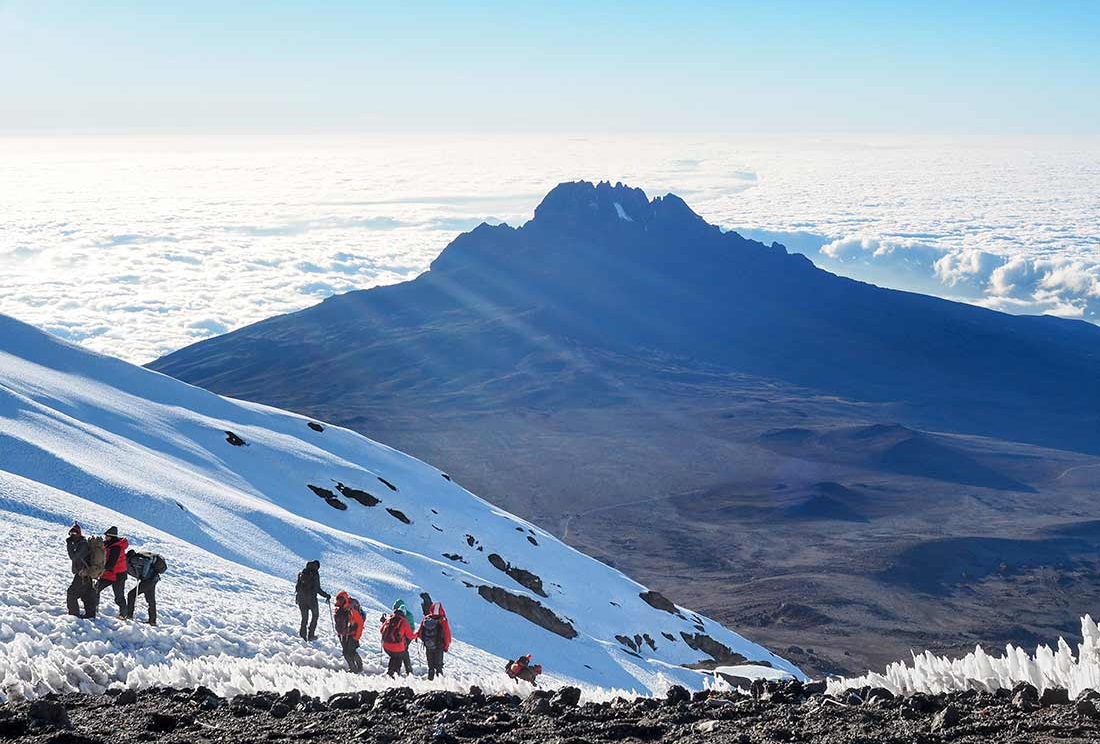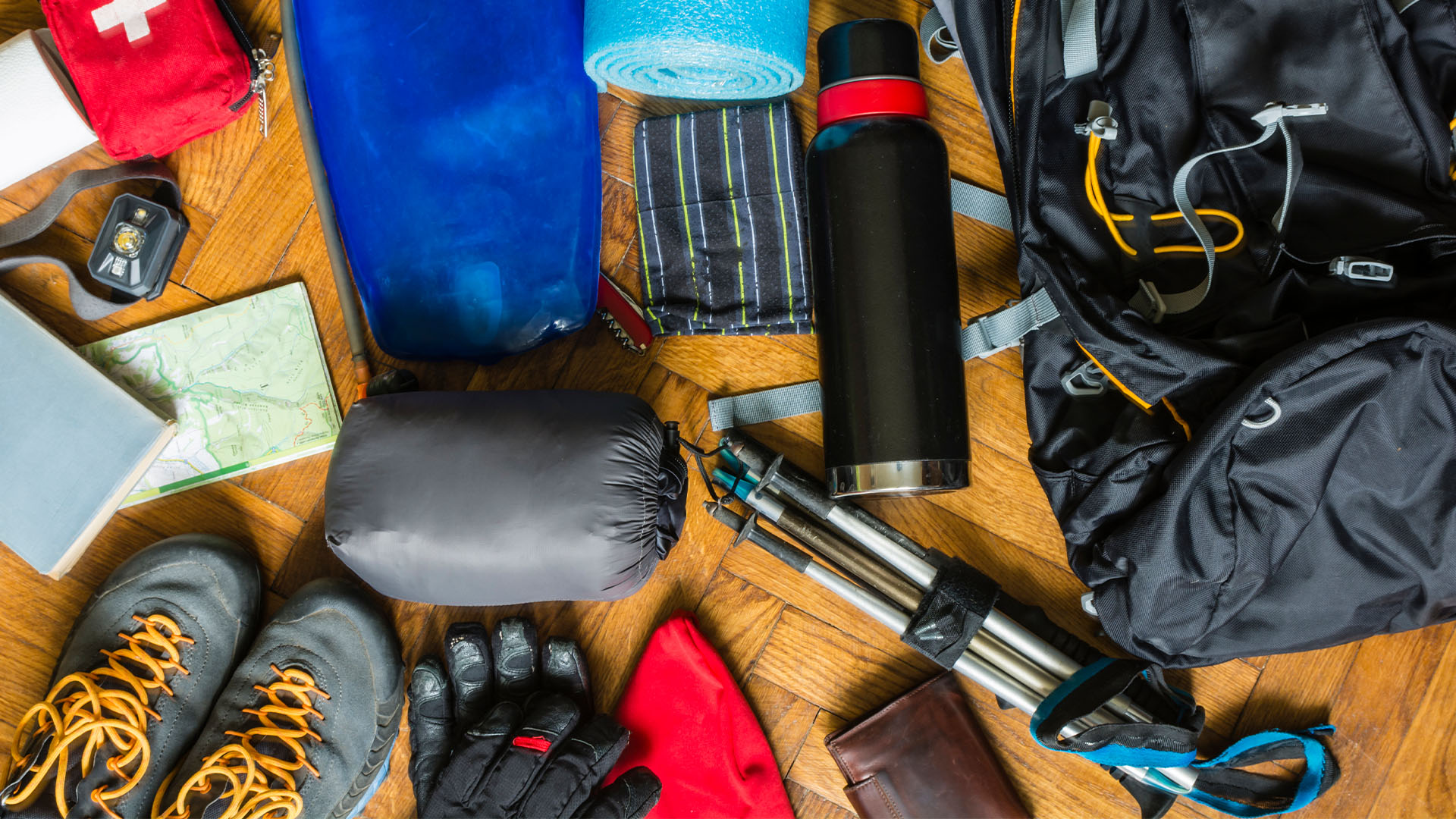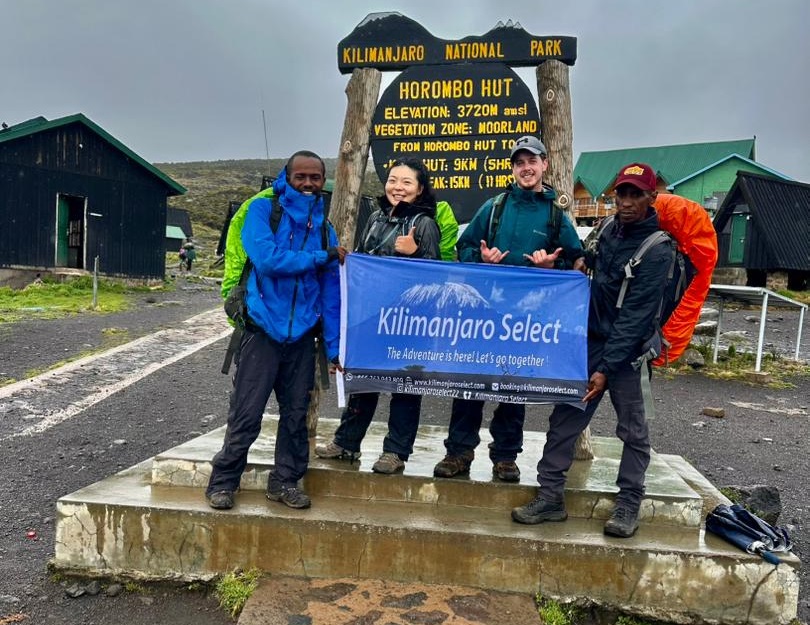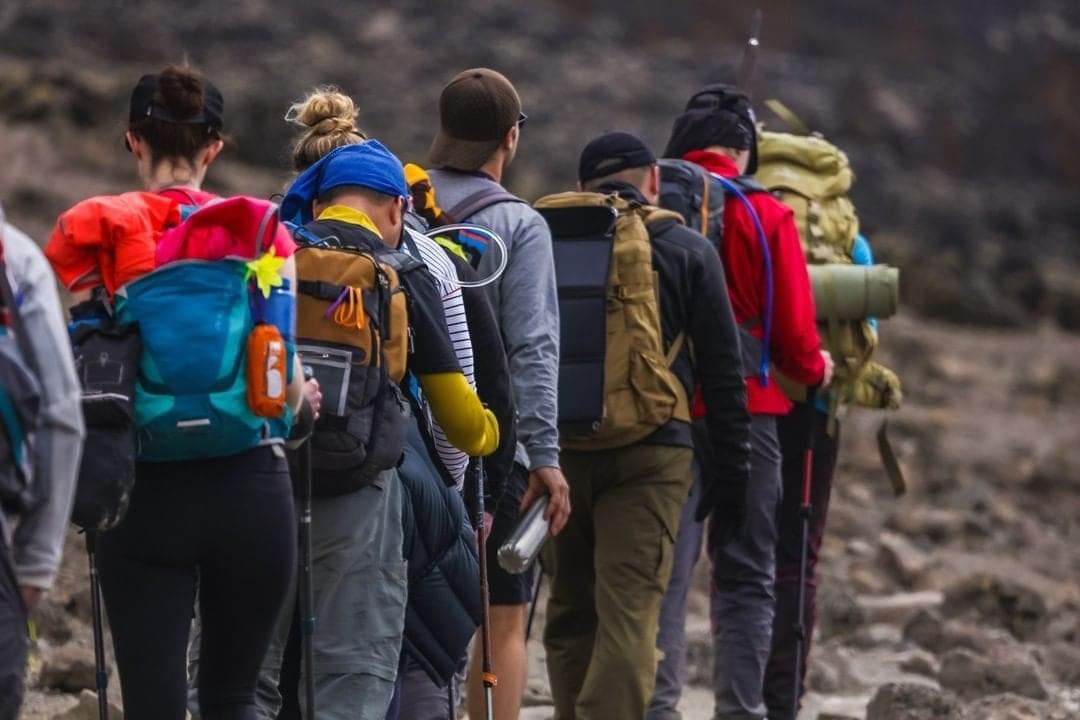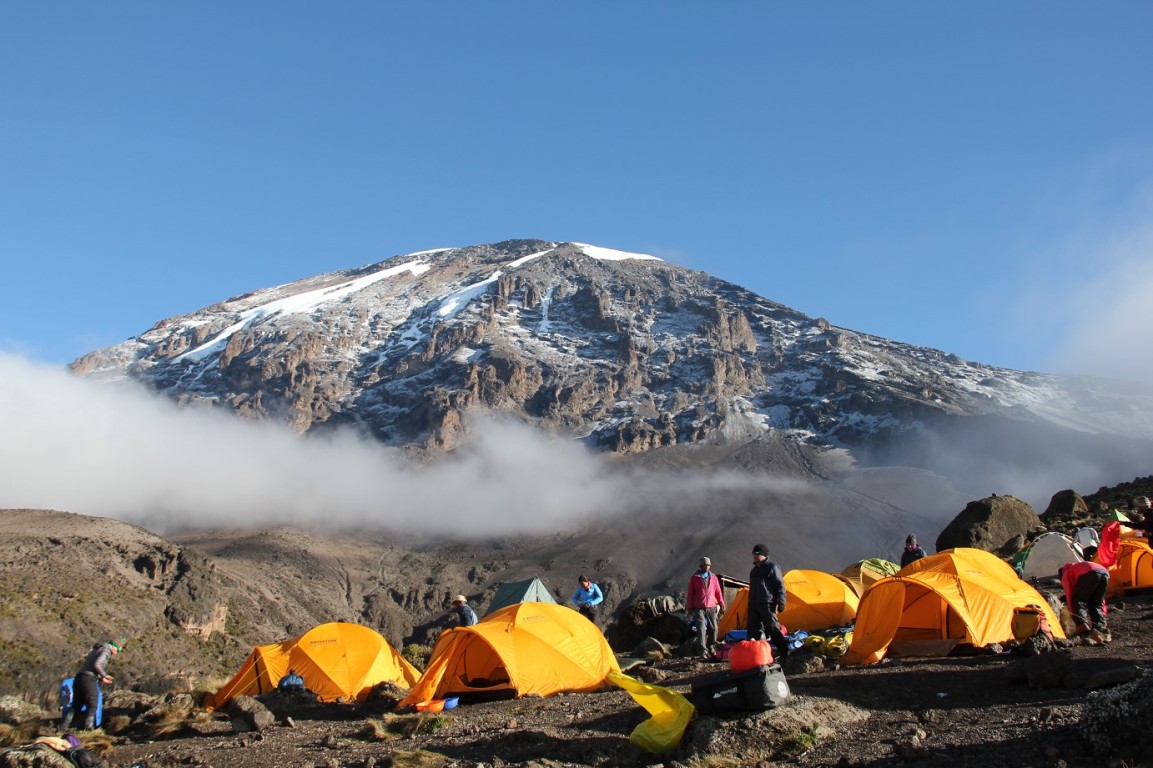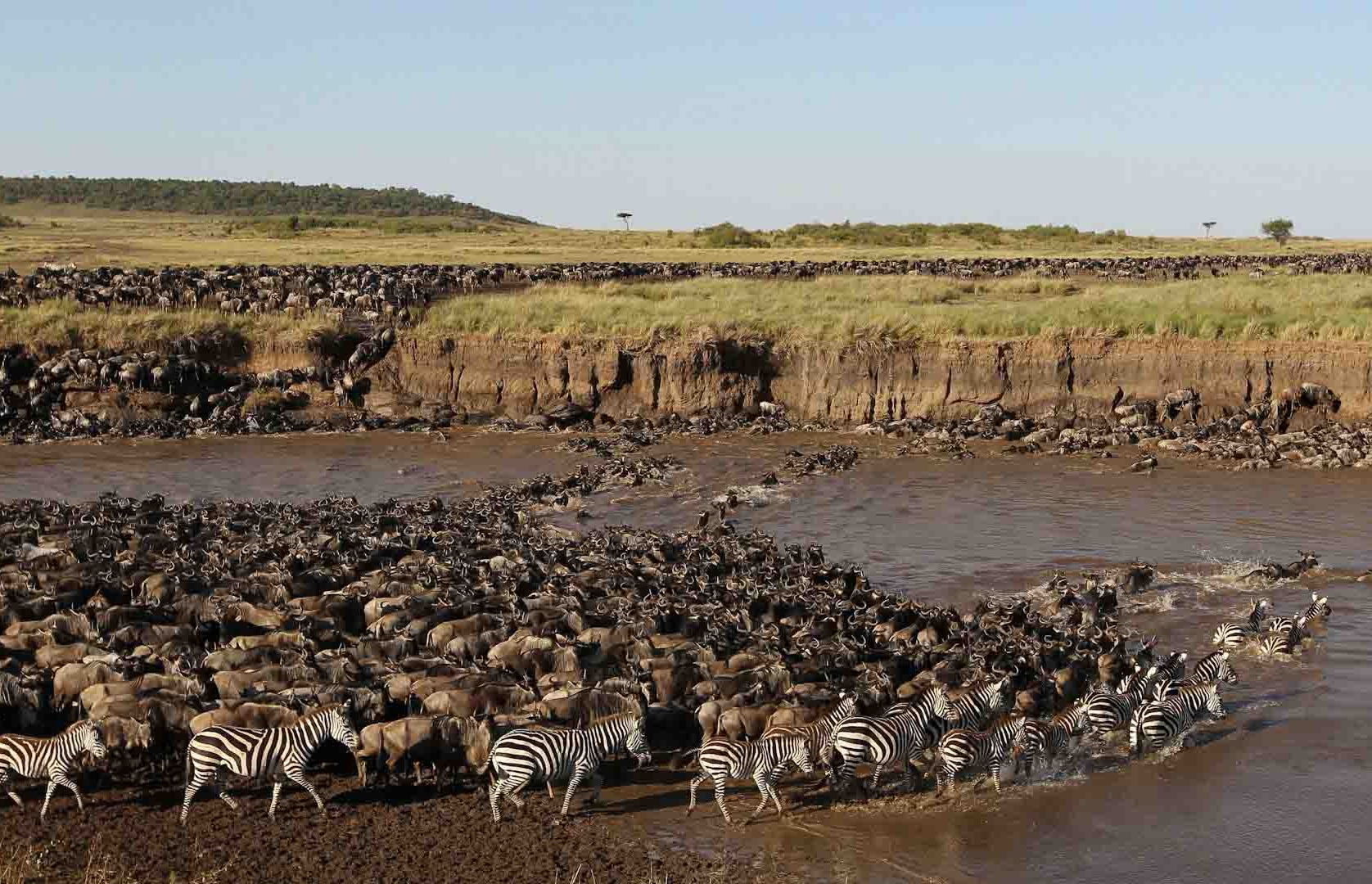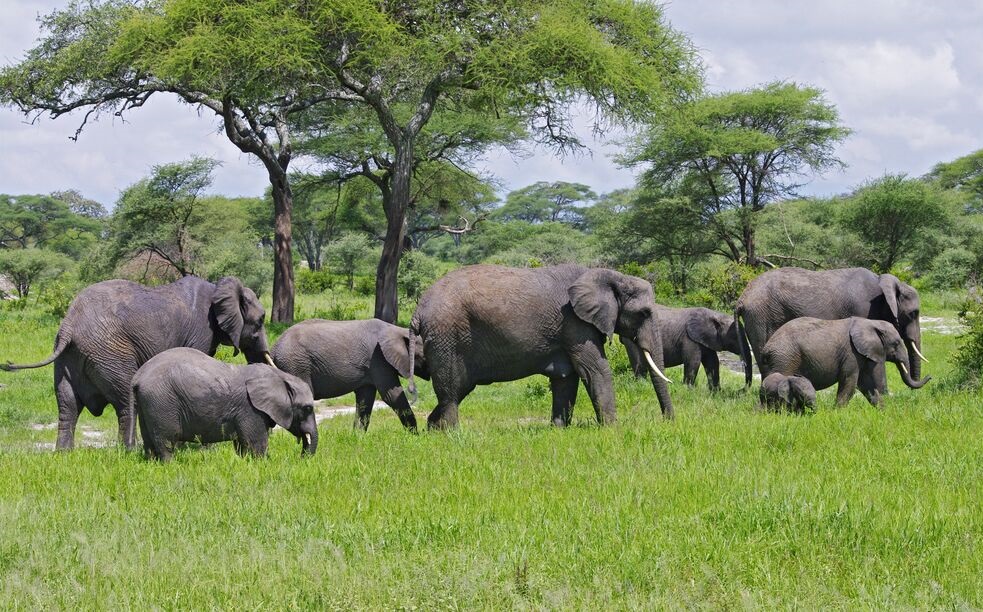Tour Overview
The Lemosho Route has quickly gained popularity as one of the premier routes for climbing Mount Kilimanjaro, and it’s easy to see why. Known for its breathtaking vistas, exceptional acclimatization profile,
and some of the highest summit success rates, the Lemosho Route offers a remarkable trekking experience.
The Lemosho Route covers a total distance of 46 km (28.5 miles), and typically takes between 6 to 8 days to complete. It is an ideal choice for those seeking a high-end Kilimanjaro trekking experience with exceptional views and a smoother ascent.
For climbers willing to invest a little more in their adventure, the Lemosho Route provides a premium experience with the best acclimatization, spectacular scenery,
and high summit success rates. We recommends the 7-Day Lemosho Route for the most balanced and rewarding experience.
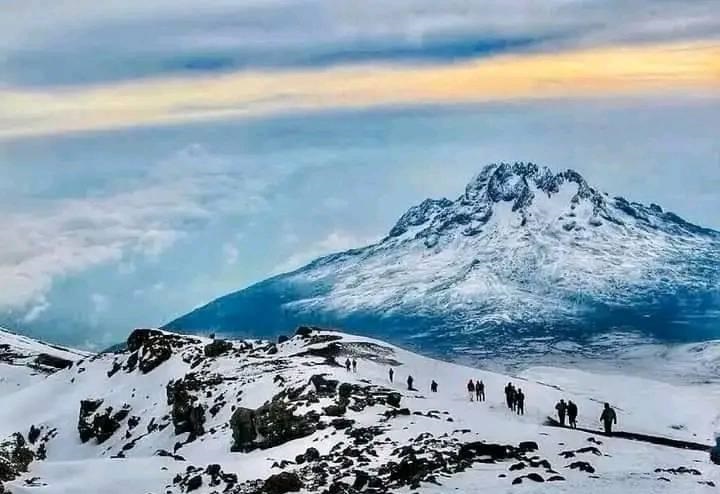
Stunning Views
Allow acclimatization day
Varied Temperature Zones
